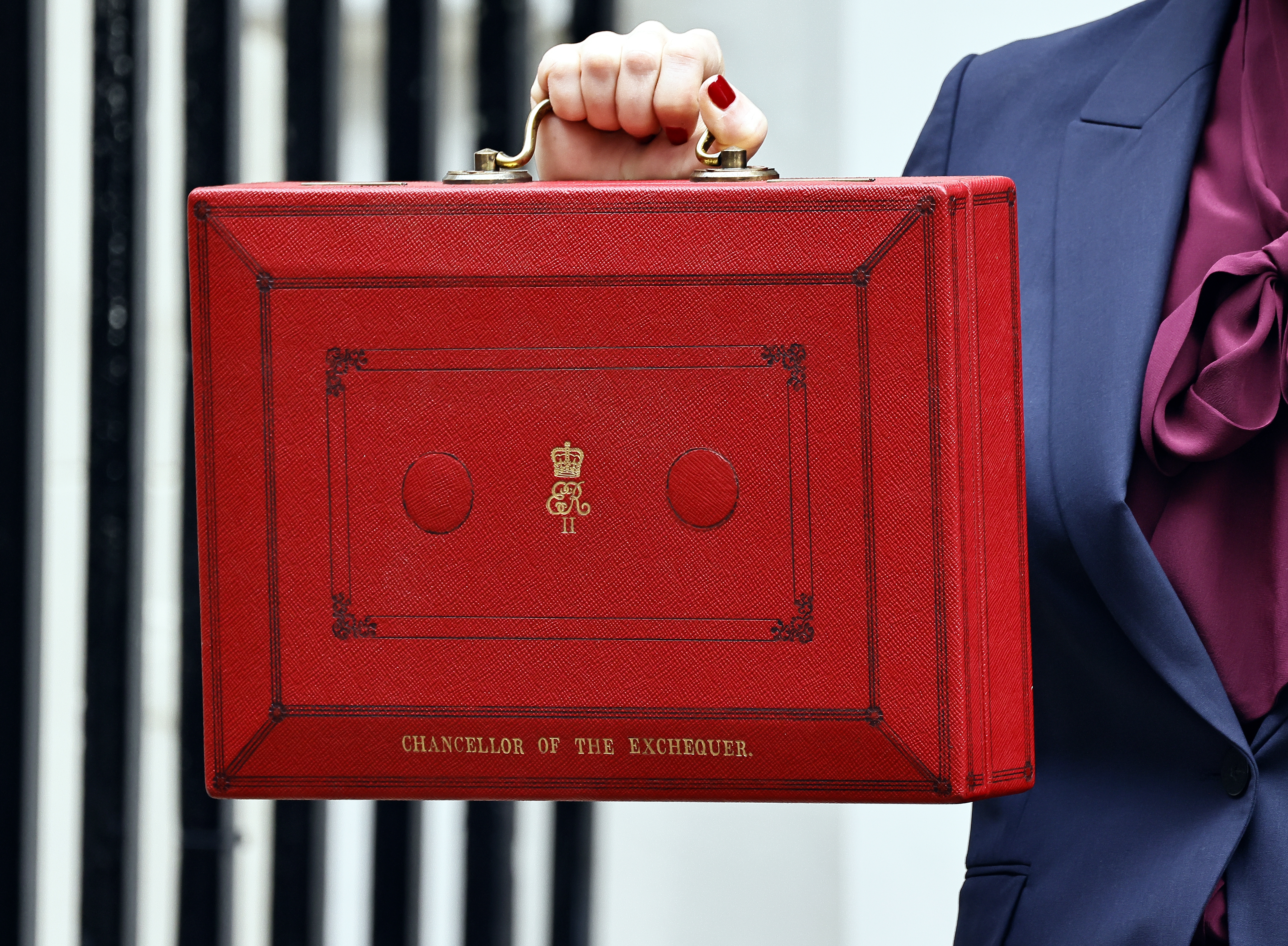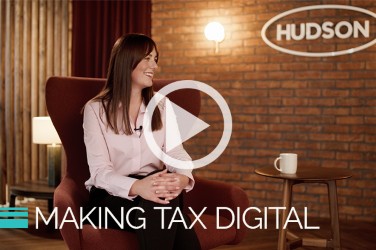14th October 2014 | David Jackson
Conference season has been and gone – and while it was happening, I took a particular interest to follow what our politicians were saying about self-employment in construction. And while parties seem to have their own opinion about who shouldn’t be one… who’s being exploited… and how many should pay more tax, it rapidly became clear that no party has sought to identify or quantify the breed in the first place!
The Labour Party says that if it wins the next election, it wants to introduce measures to ‘deem’ all those who do not supply materials or plant onto a site as being ‘in receipt of employment income’ making them subject to PAYE and NI. Labour claims this would raise £450m a year from those ‘currently in false self-employment in construction’ and have already committed the sum to their £1.1billion spending plans for the NHS.
This despite this Coalition’s introduction of onshore employment intermediary regulations aimed at the same labour-only subbies, which they justified as bringing in an extra £520m a year.
That policy, I might add, was based on the guesswork noted by the Independent Office for Budget Responsibility as having two caveats to the estimate of the sum likely to be raised: firstly, that the number of individuals in-scope was unknown, and secondly that the extent of compliance was also unknown.
Already spending tax money that has yet to be collected
But this hasn’t deterred the Lib-Dems from “claiming” the guesstimated £520m a year – and starting to spend it on additional free school meals from canteens that didn’t exist or need extending, combined with a further allocation towards funding extended paternity leave.
In case you’re wondering, I’m not alone in my opinion that our tax policies are being underpinned by this guesswork.
An eminent tax barrister has observed that the £520m extra tax anticipated, and already being spent, by this Government is expected to be realised by a group of ‘intermediaries’, few of whom have either the capital or integrity to pay over the required taxes.
More and more of us are opting for self-employment
Meanwhile, Britain’s leading cross-party think tank, Demos, has published a paper on the rising number of self-employed people in the UK; a number that has climbed to 4.6 million – or roughly one in seven members of the national workforce.
The paper makes many valuable observations including:
- The shift to self-employment is largely being driven by conscious choices
- The freelancing model helps firms access expertise in a flexible way
- Self-employed workers are key to enabling firms to manage peaks and troughs in demand
- Self-employed workers enable firms to test out new ideas without risking large fixed costs
- Self-employed workers allow firms to grow cautiously without over-extending themselves
- Individuals enjoy the freedom and flexibility that self-employment can bring
The paper concludes by making 18 key policy recommendations as food for thought for those who “make-up” our tax laws. These include a reduction in red tape, eliminating some of the tests upon which employment status is currently determined, greater pensions flexibility for the self-employed, tax breaks for freelancers who invest in their own training, settlement of invoices within a maximum of thirty days, and better wi-fi in rural areas and on public transport.
You can read the full Demos report here: http://www.demos.co.uk/files/DEMOS_GoingitAlone_web.pdf?1409503024
Positive proposals for freelancing
Last month, the Labour Finance and Industry Group, published a report calling for freelancing to be put at the heart of its policy agenda.
Their report, The Freelancing Agenda, is co-authored by Philip Ross, a long-term advocate of the rights for freelancers and Cranfield University’s Professor of Economics Andrew Burke, who previously published a paper on the high value of freelance builders and their contribution to the UK economy.
The report examines the size of the freelance economy, the lack of definition and recognition that freelancing faces, and the evolution of the market.
Philip Ross explains: “We were able to build on our personal experience and our professional knowledge of the freelancing industry, supplemented by meetings with freelancer groups, trade associations and trade unions.
“We spoke to actors, journalists, artists, pharmacists, IT workers, management consultants, construction workers, teachers, film and television workers, agencies, accountants, tax specialists and more besides.”
Philip Ross adds: “For too long policies of all parties have focused on the extremes of the freelance economy, tax avoidance on one hand and forced self-employment on the other. This report focuses on the forgotten middle, genuine freelancers, a market that is as broad as it is wide. It offers a proactive agenda as opposed to reactionary one that will help freelancing flourish.”
Download the full report here: http://lfig.org/wp-content/uploads/2014/09/LFIG-Freelancing-Agenda-a4-12SEP14.pdf
My conclusion? The voices of reason and expertise are publishing the facts, and their recommendations, but I wonder if the policymakers take any notice.
With the Lib-Dems spending revenue before it has been raised, Labour proposing to spend tax from a single source twice over, and the Government making policies based on guesswork, I’m not holding my breath. . .



